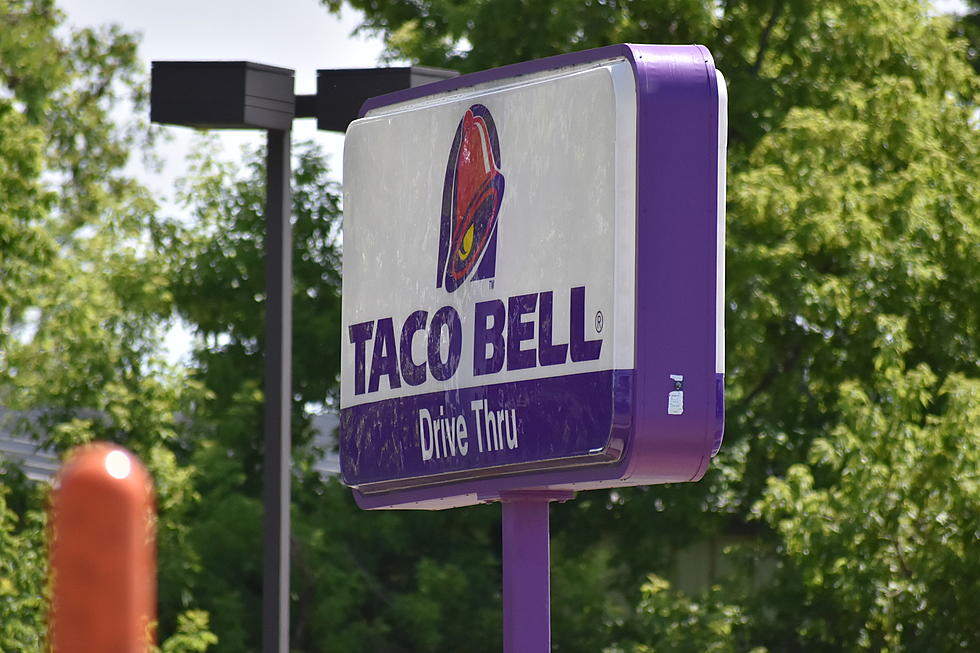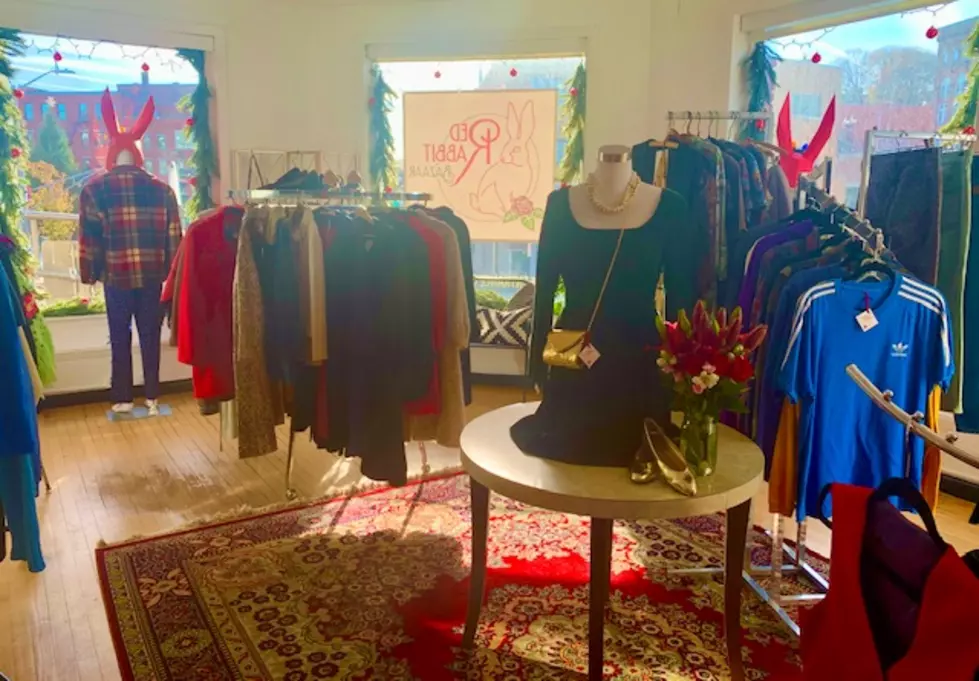
Yeah, Can Get You Your Way
If you want to ask your boss for a raise, try including the word "yeah" in your conversation. Scientists claim to have identified five words that can increase a speaker's persuasion during meetings and those words are, in this order, yeah, give, menu, start, and meeting.
The Massachusetts Institute of Technology found that although they may sound uninspiring but speakers who use the words ‘yeah’, ‘give’, ‘menu’, ‘start’ and ‘meeting’ significantly increase their chances of carrying the room.
Professor Cynthia Rudin and phd student Been Kim identified the words in one of the first data-driven studies aimed at understanding the science of business meetings.
The researchers from the Massachusetts Institute of Technology Sloan School of Management hope that by understanding the dynamics of business meetings that they can improve their efficiency.
‘If we truly knew which words were persuasive, we could use these words to help convey our ideas in the most favorable light,’ they said in a study.
‘Yeah’ was identified by the researchers as the single most influential word that can be spoken in business meetings. Its power, they believe, comes from indicating the speaker is in agreement with other people who have already made their views clear.
‘Our hypothesis is that framing a suggestion as an agreement with a previous suggestion increases its chances of being accepted,” wrote Rudin and Been.
‘Give was the second most persuasive word, and its influence is attributed to its positive yet conformist connotations.
‘Start’ they said offered people the opportunity to agree with a straightforward suggestion which ‘may help with alliance building early on in the meeting’, while ‘menu’ was ‘tied to the topic of remote controls’.
‘Meeting’ itself was found to be used frequently in statements about what should or shouldn’t be discussed, such as ‘I figure we could get back to it on the next meeting actually’.
Understanding the dynamics better, the researchers maintained, should enable the length of meetings to be more accurately predicted, making businesses more efficient.
The study concluded: ‘If we know common patterns of dialogue, this might help us to understand social cues better for business settings, and could potentially help reconstruct parts of dialogue that might not have been recorded properly,’ they said in a new study.
More From WWMJ Ellsworth Maine









